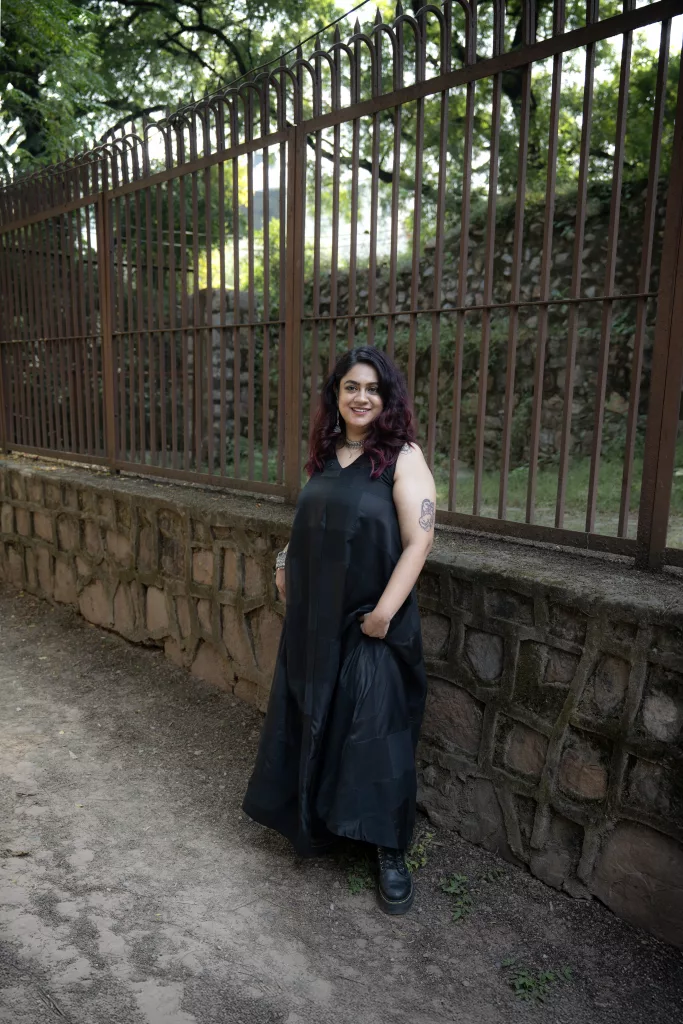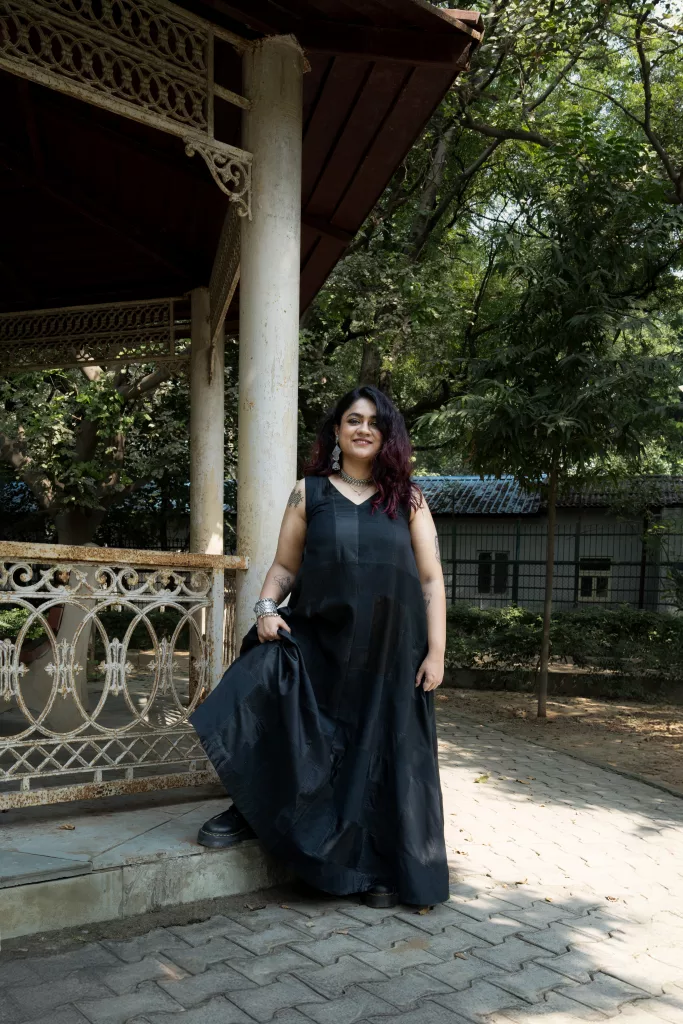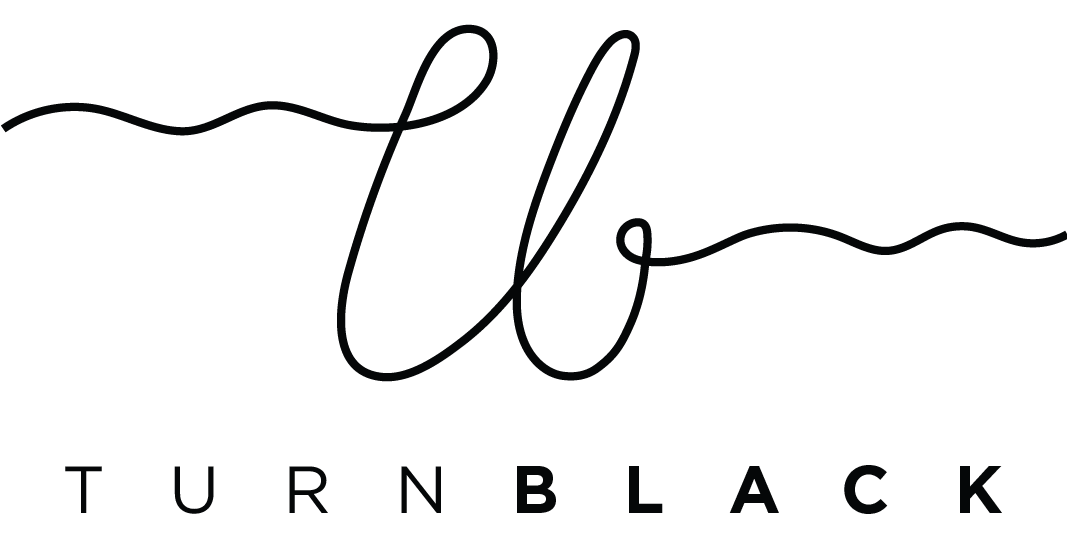Sound as a Language: Srishti Das on Culture, Community, and Curiosity
Srishti Das is a Mumbai-based A&R, researcher and writer working at the intersection of artist development, storytelling, and cultural strategy. A graduate of Berklee College of Music, Valencia, where she specialised in Music Business, Srishti focuses on identifying and nurturing emerging voices across India and the South Asian diaspora, with a particular interest in helping artists build sustainable careers that travel beyond borders.
She has played a key role in shaping the trajectories of several independent acts through her A&R vision and community-building initiatives. She also curates Hivewire, an editorial project exploring how music, culture, and infrastructure shape artistic ecosystems in South Asia and beyond.
With a background that spans creative strategy and artist management, Srishti brings a global perspective to her work, bridging underground movements, cultural journalism, and data-driven artist growth to champion a more inclusive and connected music landscape.
We met Srishti on a hazy autumn afternoon and spoke about how music travels across borders, why listening is its own kind of language, and how emerging markets are redefining global cultural movements.
Tell us a little bit about yourself and the work you do. What drew you to this space, and why is it meaningful to you?
Hi, I’m Srishti. I work as a music and culture researcher, A&R, and artist manager. I think a lot of what I do stems from the way I grew up. My father worked in IT, and for the first seven years of my life, every birthday before I cut the cake, he’d tell me where we were moving next. This happened across two countries. My parents, true to the Bengali stereotype, were deeply into music and sports, so art and rhythm were always around me.
Some of my earliest memories are musical ones: my dad singing “I Wanna Hold Your Hand” by The Beatles together in the living room, or me screaming “As Long As You Love Me” by Backstreet Boys in the car with him when it came on the radio. Those moments made music feel like this shared language — one that didn’t belong to any single place but somehow connected all of them. Because until I moved to Delhi when I was 12 years old, I never really belonged to any place either. I took what people around me offered and made it a part of myself. At least this is my reflection 20 years later!
Because we moved so much, I was constantly meeting new people from different backgrounds. I remember having Pakistani and Chinese friends in preschool and listening to stories about their homes, families, food, and celebrations. Those early experiences subconsciously taught me how culture travels through sound, language, and shared emotion.
That curiosity about people, place, and sound never left me. It’s what drew me into the world of music and culture in the first place, and it’s what continues to make this work meaningful: connecting dots across borders and helping artists tell stories that feel both deeply personal and globally resonant.

How do you personally discover new music or scenes, not as a researcher or professional, but just as a listener?
I’m drawn to people with exceptional taste, especially when it comes to music and food. My friends are my best resource; they’ve stretched my world across countries and cultures just through the things they love and share. I’ve learned that if you pay attention to what people are proud of or what they’re listening to, cooking, or posting about, you’ll always discover something new and meaningful.
My father also laid a massive foundation for how I listen. He loved old Bollywood as much as classic rock, as much as ‘80s and ‘90s pop, as much as classical and folk music. Growing up, Durga Puja was like a crash course in the vastness of Bengali sound. I remember watching Runa Laila perform one year and Cactus the next.
Because I moved so often as a child and later travelled for work, I’ve met people from all kinds of scenes and corners of the world. Now, it frequently starts with one artist someone mentions or posts about, and that becomes a chain reaction of human interaction, one sound leading to another, one story opening the door to the next.
Has your personal taste in music influenced the way you approach your work, or do you keep the two separate?
I try to keep my personal taste and my work separate, but it rarely happens. I grew up believing that English music was the only cool kind, that it would somehow make me cooler or more popular in school. But over the last few years, especially with the new wave of Pakistani music and the rise of DHH, I’ve seen myself turn into a very desi girl.
I used to tell my friends that hip hop would never be my thing. And yet, it took DHH for me to become a hip-hop girl; that’s what most of my listening looks like now.
I think I’m constantly evolving and letting my work and my life feed into each other. My taste shifts depending on the people I’m around and the worlds I step into. It’s like I get to meet different versions of myself through sound, and I can choose which one to be, depending on what feels right at the time.
But once in a while, I carve out space that’s just for me, usually in a car or on a train, where I go back to the sounds that feel like home differently: some metalcore, punk, amapiano, or some weird, obscure electronic track that probably no one else I know listens to. That time, that’s hardcore Srishti time.

With Hivewire, you spotlight culture, community, and collaboration. How do you see it shaping global conversations around new markets?
With Hivewire, the idea has always been to observe and connect, to understand how different creative communities are shaping sound, identity, and opportunity, especially in emerging markets. I read a few years ago that it’s no longer the era of breaking artists; it’s the era of making them. And when you look at someone like Bad Bunny, Burna Boy, or even Alicia Keys, you can see that communities have chosen these artists to represent them globally.
I still remember the first time I heard “Ye” by Burna Boy. My first reaction was, “Ye kya hai? (What is this?) This is incredible.” Cut to last year, I flew to London just to see him perform at a sold-out stadium. That’s when it really hit me: movement is more effortless in emerging markets. When an artist becomes the voice of a community, the energy multiplies fast.
That’s what Hivewire tries to capture: how those movements begin and where they can go next. Artists like Karan Aujla or Diljit Dosanjh carry that same essence. They move across borders, languages, and audiences because they represent something larger than themselves. Emerging markets are less rigid, partly because their infrastructure is still in its early stages. But that’s also what makes them exciting, more room to move, to experiment, to reach.
So Hivewire isn’t just about discovery; it’s about context: helping the world see that new markets aren’t “new” because they’re catching up, but because they’re redefining what the future of global culture looks like.
What are the things, inside or outside of music, that bring you joy and keep your curiosity alive?
Outside of music, people are my most significant source of joy and curiosity: the way they live, what they listen to, what they eat, how they tell stories. I’ve always felt that the more I understand people, the more I know music.
I love exploring new cities by just visiting clubs and bars, where you don’t have anywhere to be, and you just stumble upon a small group of people who end up telling you everything about their lives in that city. I love food, not in the performative sense, but in the way it lets you experience someone else’s world for a moment. It’s a snapshot of a life on your palette.
And I love sports, the thrill of not knowing how things will turn out. It gives me excessive anxiety, but it also feels like a recreation of life in its purest form: unpredictable, communal, and full of emotion. Sports, like music, showcase culture in motion: how people come together, what they believe in, what they’re willing to fight for.
Books, film, and travel keep me grounded too. Sometimes I’ll get obsessed with one filmmaker or one regional scene and go down a full rabbit hole for weeks. Those detours always find their way back into my work somehow; they remind me that everything is connected.
Mostly, my curiosity comes from slowing down. From noticing. From being okay with not knowing something and wanting to learn it, not for work or relevance, but for myself. Basically, I have no boundary between work and life. And isn’t that simply a blessing?


Leave a Reply